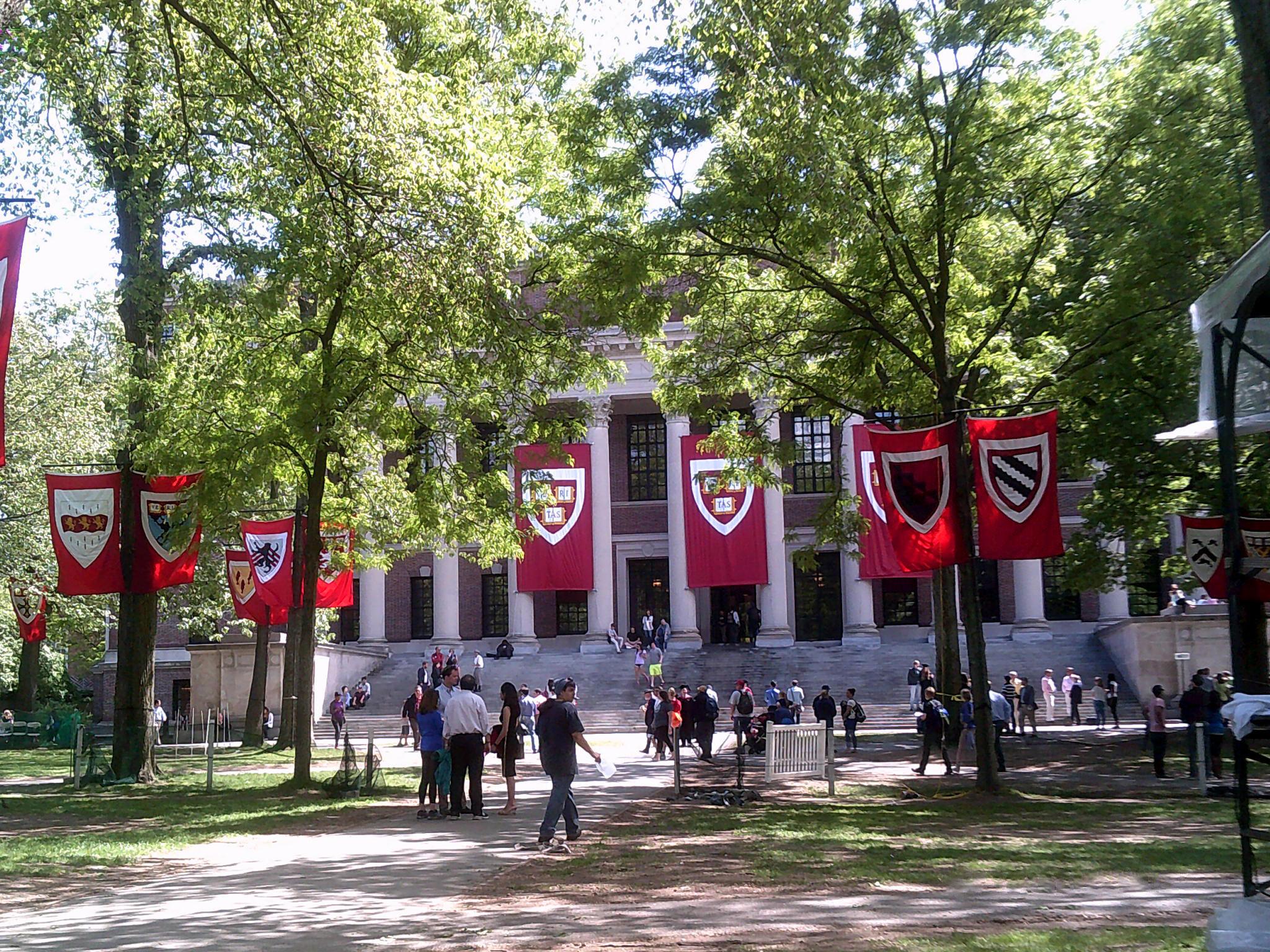Harvard Refused To Publish A Letter Critical Of President Claudine Gay
The Harvard Crimson is part of the problem of growing anti-semitism on campus and elsewhere.

The Harvard Crimson has refused to publish a letter I wrote critical of president Claudine Gay’s testimony in Congress.
The paper published an article Dec. 12 by law Professor Charles Fried providing a legalistic defense of her claim that those who call for genocide against Jews cannot be disciplined without considering “the context.”
Here’s my response:
The problem with Charles Fried’s defense of President Gay’s “Context matters” statement is he fails to acknowledge that for Gay, context apparently matters only for genocidal threats against Jews.
Context does not matter for microaggressions against blacks, gays and other minorities protected by the diversity, equity, inclusion bureaucracy that she has long championed.
Under the DEI regime, admissions have been withdrawn, lectures canceled and students admonished — at Harvard, Penn, MIT and other universities — for their speech without regard to the context in which they were said.
Fried fails to see the broader context of the double standard employed by so many universities — including Harvard — against Jews and other minorities that are excluded by DEI.
Yes, context matters, and in this broader context, Gay was wrong to brag to Congress about Harvard’s commitment to free expression without also telling it that Harvard’s selective application of free-speech standards earned it a last-place rating for free speech by the Foundation for Individual Rights and Expression.
It is in that context that Gay’s new and selective double standard for protecting the free speech of Jew-haters should be evaluated.
It is to be hoped that Gay’s new contextual standard will in the future be universally applied to all speech at Harvard and the DEI bureaucracy will henceforth be denied the power to censor and cancel expression that is directed against protected minorities.
Despite my forward-looking and positive conclusion, the editorial board wrote that it is “not interested in publishing it.”
I think this is the first time in my 65 years of writing letters to the editor that one has been turned down.
And this one is from a professor who has been on the Harvard faculty for 60 years and has published numerous articles and letters in the Crimson.
It’s a telling irony the paper that reassured its readers “Free speech is the guiding principle of this Editorial Board” refuses to publish a letter calling for less censorship and viewpoint discrimination on campus.
That reflects Harvard’s double-standard approach to free speech: contextual free speech for the enemies of Jews and their state; censorship for supporters of Israel and critics of Harvard.
By refusing to publish my short reply to Professor Fried, the paper didn’t deny my free speech.
It denied Crimson readers’ right to hear all sides of a controversial issue — because the Crimson decided to shut down the marketplace of ideas.
When the media refuse to publish legitimate criticism of the institution they cover, the checks on the biases of that institution are weakened.
In light of this pervasive double standard, it’s not surprising so many Jewish students feel that Harvard does not value and protect them.
In recent years, the Crimson has become the megaphone for anti-Israel and antisemitic extremism on campus.
It’s also become the censor of pro-Israel and balanced views.
Last year, for instance, the Crimson’s editorial board called for support for the boycott, divestment, sanctions movement against Israel.
In its editorial, the paper explicitly distanced itself from a 2002 editorial that called divestment too blunt of a tool and the comparison to South African apartheid offensive: “In the past, our board was skeptical of the movement (if not, generally speaking, of its goals), arguing that BDS as a whole did not ‘get at the nuances and particularities of the Israel-Palestine conflict.’ We regret and reject that view. It is our categorical imperative to side with and empower the vulnerable and oppressed.”
It then goes on to paint a false picture that pro-Palestinian viewpoints are being suppressed on campus.
The Crimson of today writes, “We have a certain community-wide tendency to dismiss opposing views as inherently offensive and unworthy, straw-manning legitimate arguments and obfuscating difficult but necessary discussions. Yet civil discourse and debate, even when trying, are fundamental steps towards a better reality.”
But it does not apply these standards when it comes to Jews.
Harvard students, faculty and other readers should make their voices heard in the name of veritas and the open marketplace of ideas.
Competing Harvard newspapers and media should be established to ensure all reasonable views can be heard.
The Crimson is part of the problem of growing antisemitism at Harvard. It does not serve the Harvard community well in this time of deep divisions and hate.
Alan Dershowitz is professor emeritus at Harvard Law School. His latest book is “The War Against the Jews: How To End Hamas Barbarism.”